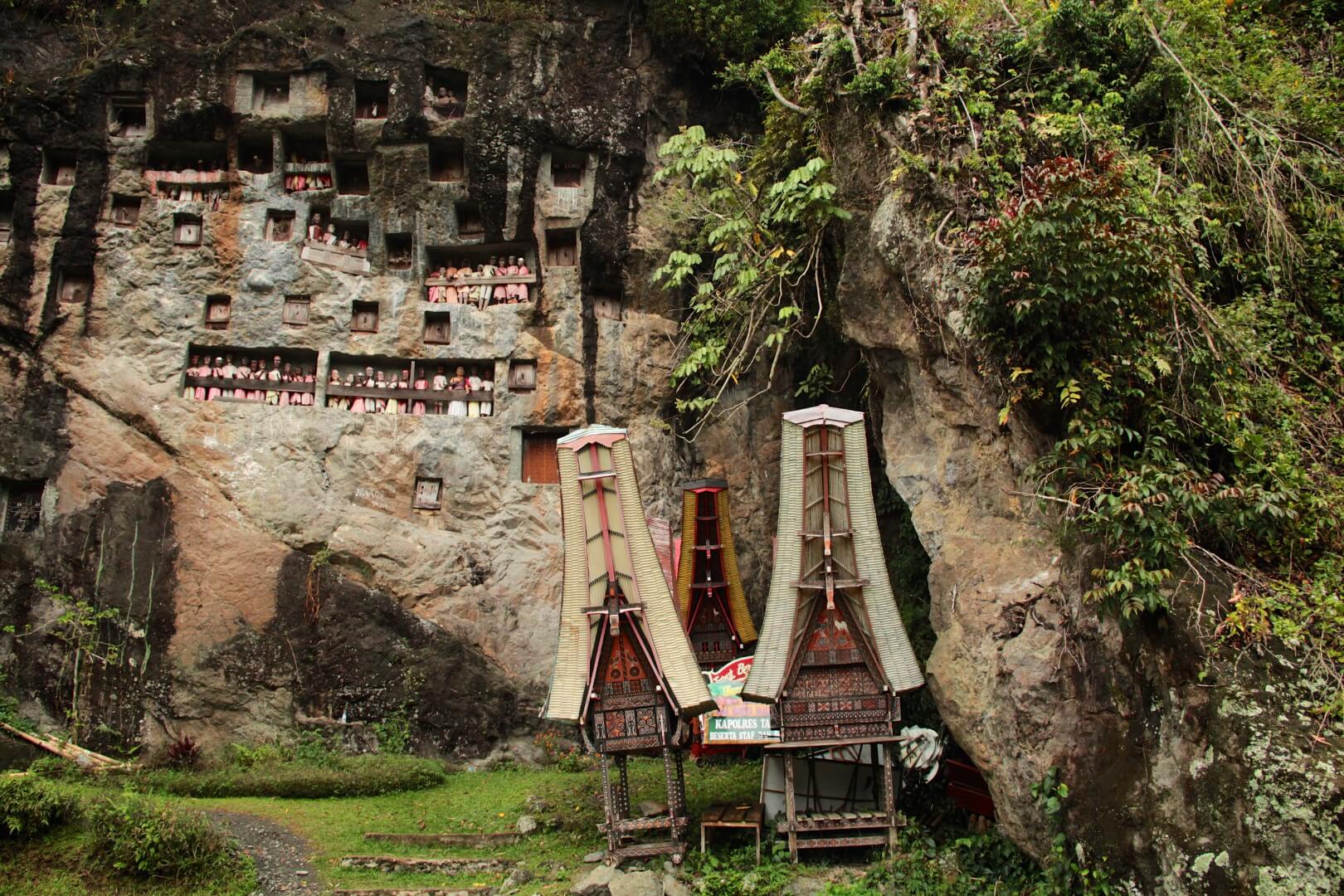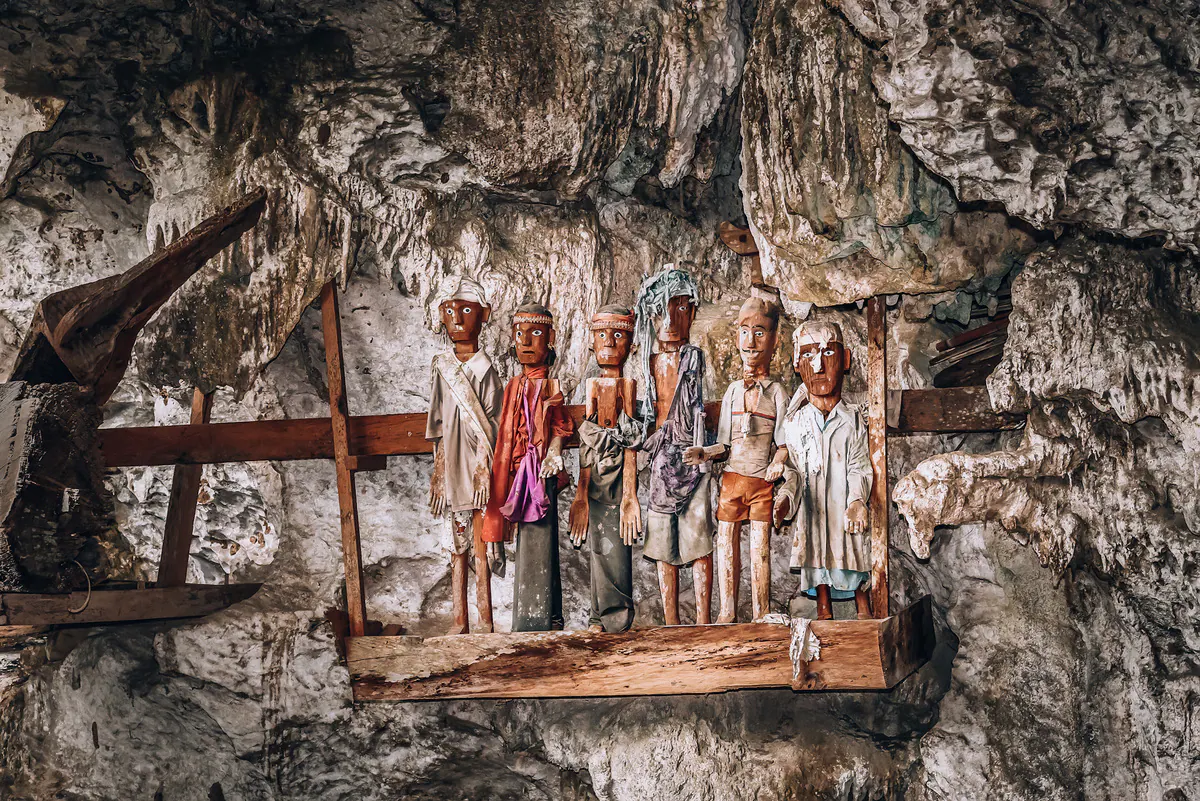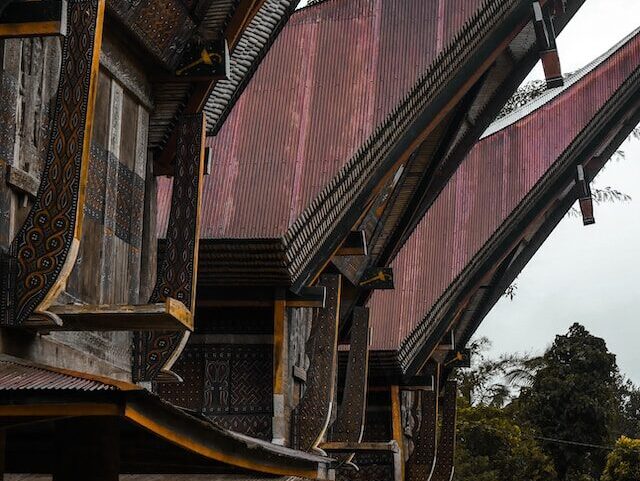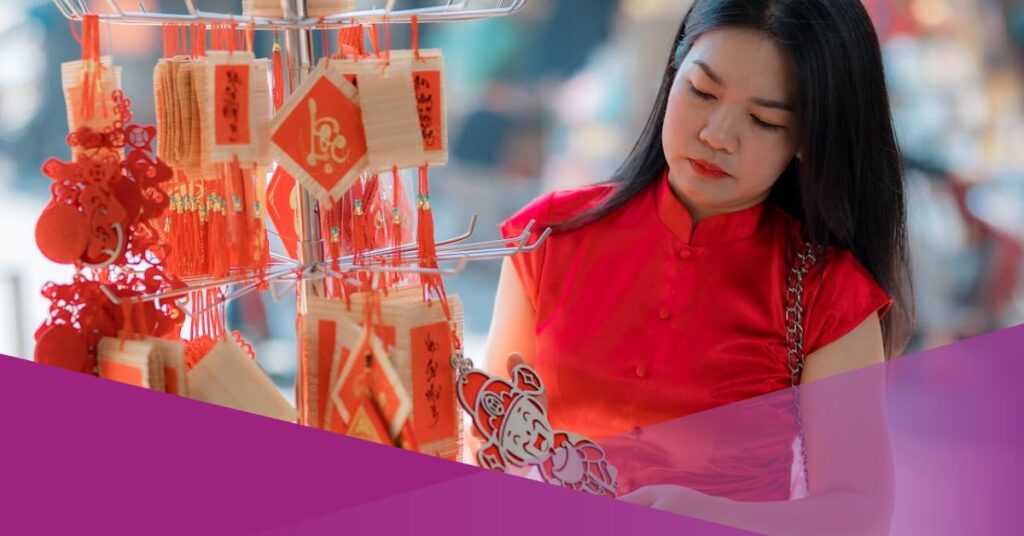Nestled in Sulawesi, Indonesia, lies the captivating land of Toraja, a region renowned for its unique culture, traditional architecture, and elaborate funeral rites. Among the distinctive features that make Toraja stand out is the enigmatic tradition of Tau Tau, life-sized wooden effigies that play a central role in the Torajan funeral rituals.
These effigies offer a fascinating glimpse into the spiritual beliefs and reverence for ancestors that define the Torajan culture. In this article, we will explore the unique Torajan culture in Indonesia further.
The Significance of Tau-Tau Toraja

Tau Tau, pronounced “Tau-Tau,” are carved wooden statues created to represent deceased individuals. These lifelike effigies are an integral part of the Torajan ethnic belief system, reflecting the deep respect and connection the Torajan people maintain with their ancestors. According to Torajan animist beliefs, the spirits of the deceased continue to play a vital role in the lives of the living, and Tau Tau serves as a tangible link between the two realms.
Creation of Tau Tau

Craftsmanship and intricate detailing characterize the creation of Tau Tau. Skilled Torajan artisans carve these wooden statues with precision, aiming to capture the likeness and essence of the departed. The Tau Tau are often dressed in traditional Torajan clothing, adorned with symbolic accessories, and equipped with tools or items representing the deceased’s profession or status in life.
Placement and Rituals

Once completed, the Tau Tau are placed in balconies or niches carved into the cliffs of the limestone hills surrounding the Torajan villages. These natural burial sites, known as “londa” or “erong,” serve as the final resting places for the deceased. The Tau Tau are arranged in rows, overlooking the picturesque landscapes, creating a visually striking and spiritually charged panorama.
During Torajan funeral ceremonies span several days, the Tau Tau play a crucial role. They are believed to house the deceased’s spirit and act as intermediaries between the living and the afterlife. The Torajan people participate in various rituals, including animal sacrifices and feasts, to ensure a smooth transition for the departed soul to the spiritual realm.
Preserving Ancestral Legacies
The Tau Tau tradition not only honours the deceased but also serves to preserve familial and community histories. As each Tau Tau represents a specific individual, visitors and descendants can identify the ancestors by examining the effigies’ distinct features, clothing, and accessories. This unique form of ancestor worship fosters a strong sense of continuity and connection across generations in Torajan society.
Challenges and Contemporary Perspectives
While Tau Tau remains an essential aspect of Torajan culture, preserving these wooden effigies faces challenges. Environmental factors, such as erosion and decay, threaten the longevity of the Tau Tau. Efforts to conserve and protect these cultural treasures have become increasingly important, with local authorities and international organizations working together to safeguard the rich heritage of Tana Toraja.
Guardians of Ancestral Legacies and Cultural Resilience
In conclusion, the Tau Tau of Toraja stands as silent guardians of culture woven with spiritual beliefs, intricate rituals, and a profound reverence for ancestors. These lifelike wooden effigies pay homage to the departed and serve as a testament to the resilience and continuity of the Torajan culture, inviting visitors and scholars alike to delve into the captivating world of Tau Tau Toraja.

































